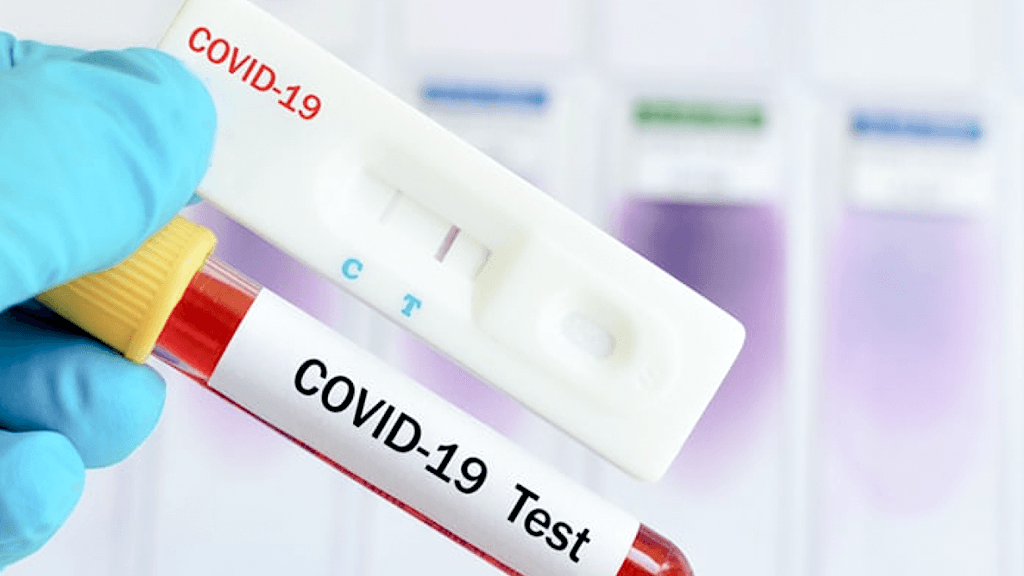International flights continue to fall 90% from 2019 levels and according to current estimates, up to 46 million jobs could be lost
The 76th Annual General Meeting (AGM) of the International Air Transport Association (IATA) resolved (unanimously) to urgently call on governments to reopen borders for travel. IATA proposes systematic pre-departure tests for international travelers that would allow the lifting of border restrictions and provide an alternative to current quarantine rules.
Quarantines essentially eliminate the demand for air travel and governments must immediately consider the drastic socio-economic effect this is having. International air travel continues to fall 90% from 2019 levels. Current estimates indicate that up to 46 million jobs supported by air travel could be lost and economic activity supported by aviation will decline by 1.8 trillion US dollars
“People want and need global mobility. The take-off measures of the International Civil Aviation Organization (ICAO) make flying safe. But border closures, movement restrictions and quarantine measures make travel impossible for most. We must manage how we live with the virus. But that does not have to mean destroying aviation, putting millions of jobs at risk, paralyzing economies and destroying the international social fabric. Today we could safely open borders with systematic COVID-19 pre-departure testing, ”said Alexandre de Juniac, IATA Director General and CEO.
In its resolution the AGM also:
Reaffirmed the industry’s continued commitment to implement globally agreed biosecurity protocols Encouraged governments to implement the guidance developed by ICAO.
Called on governments to ensure that aviation personnel and international travelers are prioritized for vaccination against COVID-19 once safe and effective treatments are available and health workers and vulnerable groups have been protected The AGM also reinforced the vital role of air transport in facilitating the global response to the pandemic, including timely distribution of medicines, test kits, protective equipment and eventually vaccines around the world


